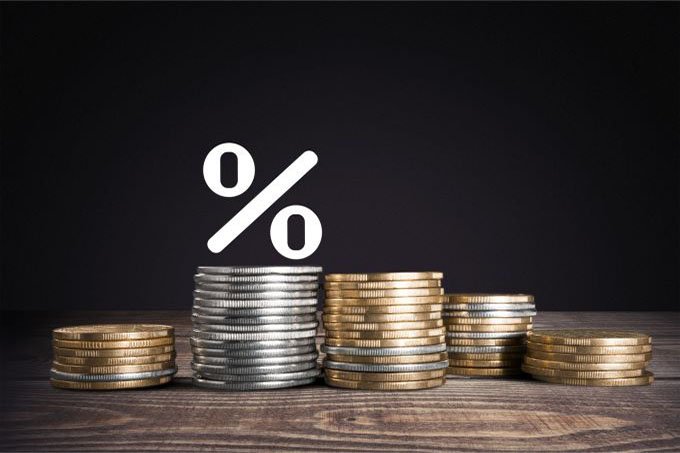 The Swiss National Bank recently announced its decision to leave the interest rates unchanged at -0.75%, in line with analysts' expectations.
The Swiss National Bank recently announced its decision to leave the interest rates unchanged at -0.75%, in line with analysts' expectations.
As in previous declarations, the bank also pledged to continue intervening in the foreign exchange market as long as it's needed, given that the appreciation of the Swiss franc could affect the country's economic performance. The bank's foreign exchange market intervention rose to $118.27 billion last year, the highest since 2012.
The bank stated that despite the Swiss franc having lost ground, it remains highly valued. The Swiss franc has been weakening since the beginning of the year, falling by 2.91% so far this month, for the third consecutive month. So far this week, the franc t has dropped by 0.66%, breaking a two-week gaining streak.
The bank's Chairman Thomas Jordan welcomed the depreciation of the Swiss franc, highlighting that a more cautious language on interventions, as well as higher inflation forecasts, do not imply abandoning expansive policies. He remarked that higher inflation is needed, so the current situation would need to change considerably before considering a change in policy.
“For the time being, we see no point where we can change monetary policy but to stay expansionary and to support the economy and bring inflation back into positive territory,” said Jordan.
Making a reference to Joe Biden's $1.9 trillion stimulus plan, Jordan commented that it will have a positive effect and won't overheat the US economy. Many fear Biden's government policy will lead to inflation, which has been favoring alternative currencies such as Bitcoin.
The Swiss government recently decided to postpone lifting COVID-19 restrictions given the recent surge in the number of cases and insufficient progress in the vaccination campaign. So far, the Swiss government has reported 588,118 COVID-19 cases as well as a death toll of 10,276.
The government is now considering requiring a digital coronavirus immunity card which would allow its carriers to travel to other countries as well as receive some privileges, though there are concerns regarding potential forgeries.
The Swiss economy has been recovering. Switzerland's gross domestic product fell by 2.9%, against expectations of a 3.3% decline. In order to counter the effects of the spread of the virus on economic performance, the government decided to spend around 15 billion Swiss francs on economic support, and is expected to spend 21 billion in 2021.

